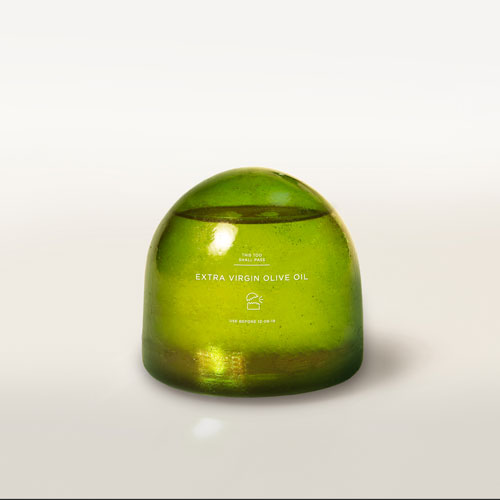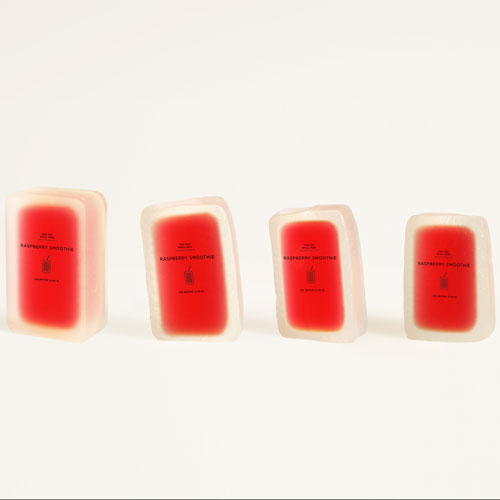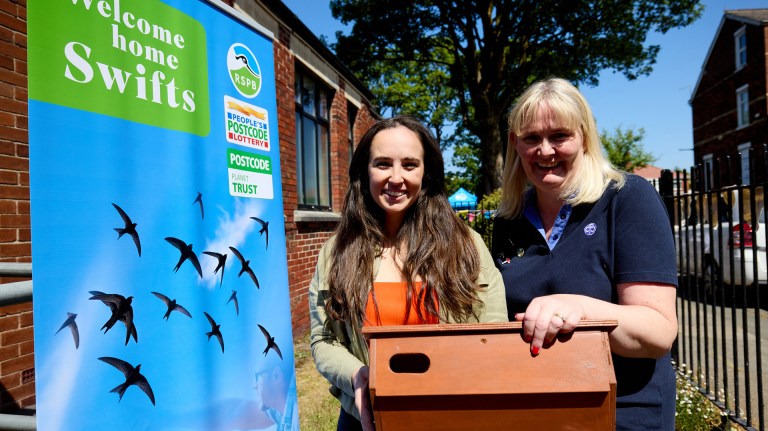“Brits are mad as hell and they’re not going to take it any more.” This was Greenpeace campaigner Elena Polisano summing up the shifting mood towards the plastic pollution crisis. But two weeks ago, investigators discovered plastic packaging from UK recycling bins illegally dumped across Malaysia, with remains from familiar supermarket brands strewn across three acres. Recycling clearly isn’t enough; there must be a wholesale change when it comes to food packaging.
According to a report by Friends of the Earth and Zero Waste Europe, the continent’s demand for plastic has reached a high of 49 million tonnes a year, of which 40 per cent is packaging. But Which? revealed that 29 per cent of plastic found in UK shops is either difficult or impossible to recycle, creating masses of waste.
Campaigners don’t believe fighting plastic pollution will have an impact on the foods we eat, only what we bring them home in. Julian Kirby, plastics campaigner at Friends of the Earth, says: “The ultimate solution to the plastic pollution crisis lies in big, systemic changes and a reimagining of what’s actually needed when it comes to packaging. However ditching plastic doesn’t need to change what we actually see on the shelves of our shops.”

A modest cutback in single-use plastics has proved most convenient to implement on a consumer level, with plastic bag levy introduced across the UK (leading to an 86 per cent drop in single-use carrier bags) and an uptick in reusable water bottles and coffee cups. It is not enough. UN Environment Programme executive director Achim Steiner said that 20 million tonnes of plastic ends up in the world’s oceans each year. He adds: “There are no quick fixes, and a more responsible approach to managing the lifecycle of plastics will be needed to reduce their impacts on our ecosystems.”
But food packagers agree there’s nothing quite like plastic. Crucially, it’s lightweight. Nearly a million plastic water bottles are sold globally every minute, but transporting drinks in heavier, more sustainable materials requires 40 per cent more energy. This means an increase in harmful carbon dioxide polluting our environment which, in the wake of the IPCC report signalling that we have 12 years to curb climate change or we’re doomed, is bad news.
However the need for plastic packaging alternatives made way for an environmental boom in design innovation. Think food encased in wax which can be peeled away like a skin; water delivered in edible capsules made from seaweed membranes; smart packaging, using labels which change colour according to the ripeness of fruit; loose produce which isn’t labelled at all, with lasers used to mark avocados by Marks & Spencer since last year; and food sold in its own modified atmosphere, kept fresh not by its container but by the air within it. Earlier this year, 40 companies including Coca-Cola and Asda signed up to the UK Plastics Pact, pledging to cut plastics within seven years by designing better product components.












